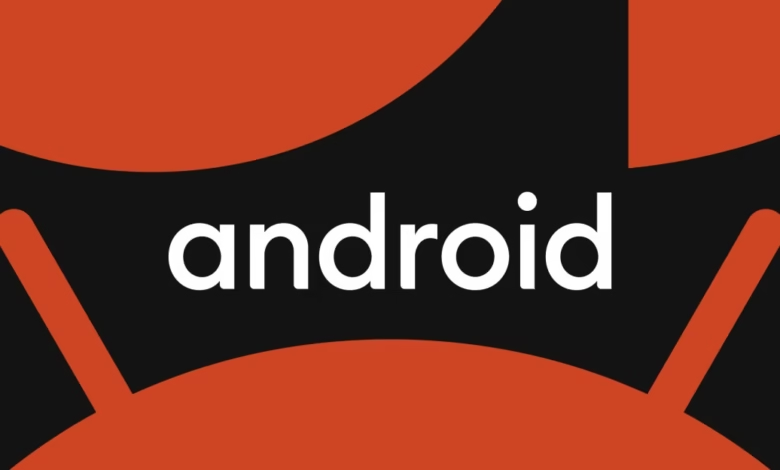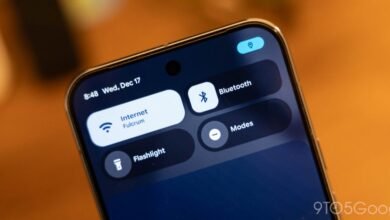Google Discontinues Android Instant Apps Due to Low Usage

▼ Summary
– Google will shut down Android’s Instant Apps in December 2025 due to low usage.
– Instant Apps, launched in 2017, allowed users to try mini app versions without full installation.
– The feature aimed to simplify user experience and help developers reach new audiences.
– Google confirmed the decision after a developer spotted a warning in Android Studio.
– The company will focus on other app discovery tools like AI-powered highlights and full app downloads.
Google has officially announced plans to discontinue Android Instant Apps by the end of 2025, marking the end of an experimental feature that never gained significant traction. The tech giant cited low adoption rates as the primary reason for shutting down the service, which allowed users to access lightweight versions of apps without installation.
Launched in 2017, Instant Apps aimed to streamline app discovery by letting users try software through simple web links. The feature eliminated the need for full downloads, offering a frictionless way to demo games or test applications. Despite its innovative approach, developer interest remained limited, with many opting for alternative discovery methods like AI-powered recommendations and direct install promotions.
The impending shutdown was first uncovered when a developer noticed a warning in Android Studio, Google’s official IDE for app development. The message stated that support for Instant Apps would be completely removed from Google Play by December 2025, along with related APIs and publishing tools.
A Google spokesperson confirmed the decision, emphasizing that the company will now focus resources on more effective solutions. “With minimal engagement from both users and developers, we’re shifting our investments toward tools that drive better results,” they explained. The move reflects broader industry trends favoring full app installations, which tend to encourage deeper user interaction over temporary previews.
While Instant Apps never became mainstream, their discontinuation signals Google’s willingness to retire underperforming experiments in favor of more impactful technologies. Developers relying on the feature will need to transition to alternative distribution strategies ahead of the 2025 deadline.
(Source: The Verge)





